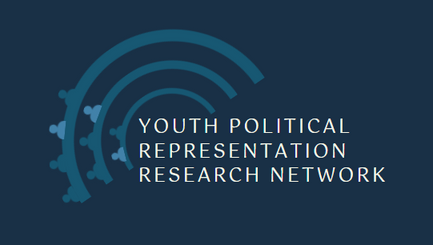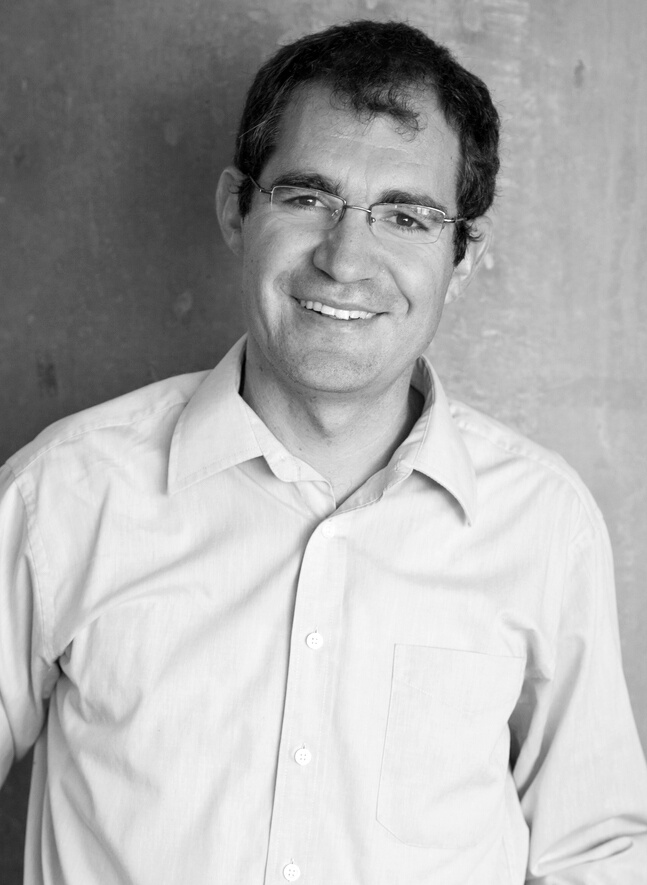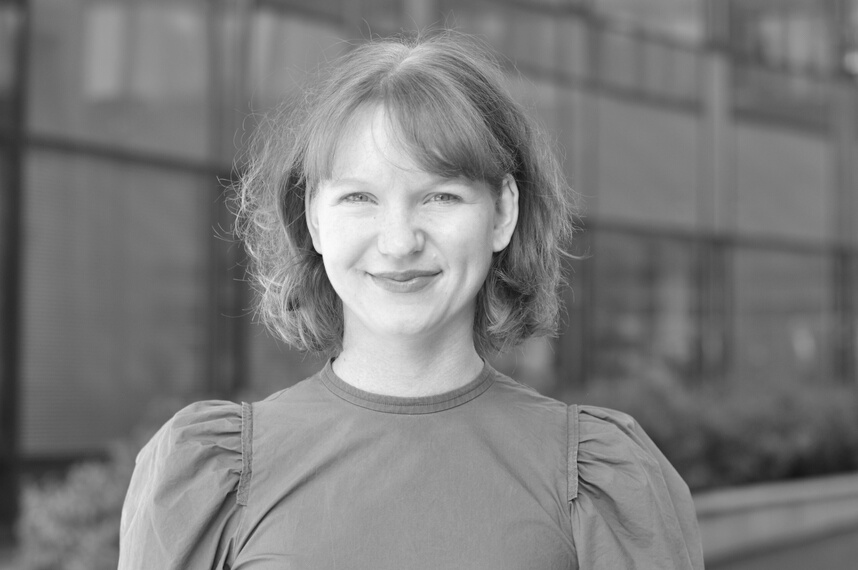Workshop
Youth without representation:
Discovering the mechanisms behind youth's underrepresentation in elected bodies
September 13-14th, 2022 / School of Political Studies at the University of Ottawa

Call for Proposals
Twenty-five years ago, Pippa Norris (1997) aptly described that parliaments are composed of middle-aged to senior men of the dominant ethnicity. Over the past two decades, this picture has somewhat changed. In particular, when it comes to gender and ethnicity, parliaments across the globe have become more diverse. Unfortunately, the same diversification has not taken place when it comes to young MPs. To highlight, worldwide, people under 30 represent only 2 percent of MPs, while they represent 50 percent of the population (Magni-Berton & Panel 2020). By contrast, the average country leader is 60 years old.
In this workshop, we will investigate the reasons for this continued underrepresentation of youth in positions of elected office. In most countries, there is a three-step process for getting elected: First, declaring candidacy, i.e., becoming an aspirant. Second, winning a party nomination in an uninominal electoral system or being placed on an (electable) list position in a PR system. Third, being elected. In this workshop, we want to decipher which of these steps in the funnel of representation is (more) relevant in determining youth’s underrepresentation in parliaments and other elected bodies.
Is the problem of youth representation a supply problem with not enough young adults willing to run? Is there sustained discrimination in the political system or within parties that blocks youths from candidacy or from elections? Do voters systematically disadvantage younger candidates? And how is the working of these factors conditioned by systemic determinants like the electoral system, degree of democracy, as well as candidacy and voting age requirements?
We seek answers to these questions and are interested in theoretical and empirical papers (either in-depth case analyses, comparative, or large-N studies) that try to establish why and how youth are (most) disadvantaged in the funnel of representation.
We invite original contributions from scholars with a background in political science, sociology, and related fields. We ask for submissions by researchers at all career levels and we plan to build a special issue in a reputable journal around the papers presented at the workshop.
Submission & Event Information
Key Dates
FEBRUARY 28, 2022
MARCH 31, 2022 - Deadline for Abstract Submission
Synergies
Synergies
APRIL 2022-Decision Notifications
JULY 31, 2022-Full Paper Submission (6,000-8,000 words)
San Dias Showcase 2025
Submission Details
FEBRUARY 28, 2022
Extended abstracts:
maximum 400 words
Synergies
Synergies
Submissions to be sent here:
Full papers must be original contributions that will be workshopped for contribution to the resulting special issue.
San Dias Showcase 2025
Event Format
FEBRUARY 28, 2022
The event will take place in-person, with an option for hybrid/virtual participation
Synergies
Synergies
The event language will be English
Lunch and accommodation costs will be covered by the host for up to 3 nights
The event will take place in the 2 days before the Annual American Political Science Association's General Conference hosted in Montreal (less than 2 hours from Ottawa)
San Dias Showcase 2025
Organizers

Professor of Political Science,
University of Ottawa

Associate Professor of Political Science,
Singapore Management University

Associate Professor of Political Science,
University of Gothenburg

Postdoctoral Researcher,
Christian Michelsen Institute

PhD Candidate Political Science,
Rutgers University
Supporting Institutions


Contact Information
For any and all questions or concerns, please feel free to email us at:
youthpoliticalrep@gmail.com
To submit an abstract, please use this link: